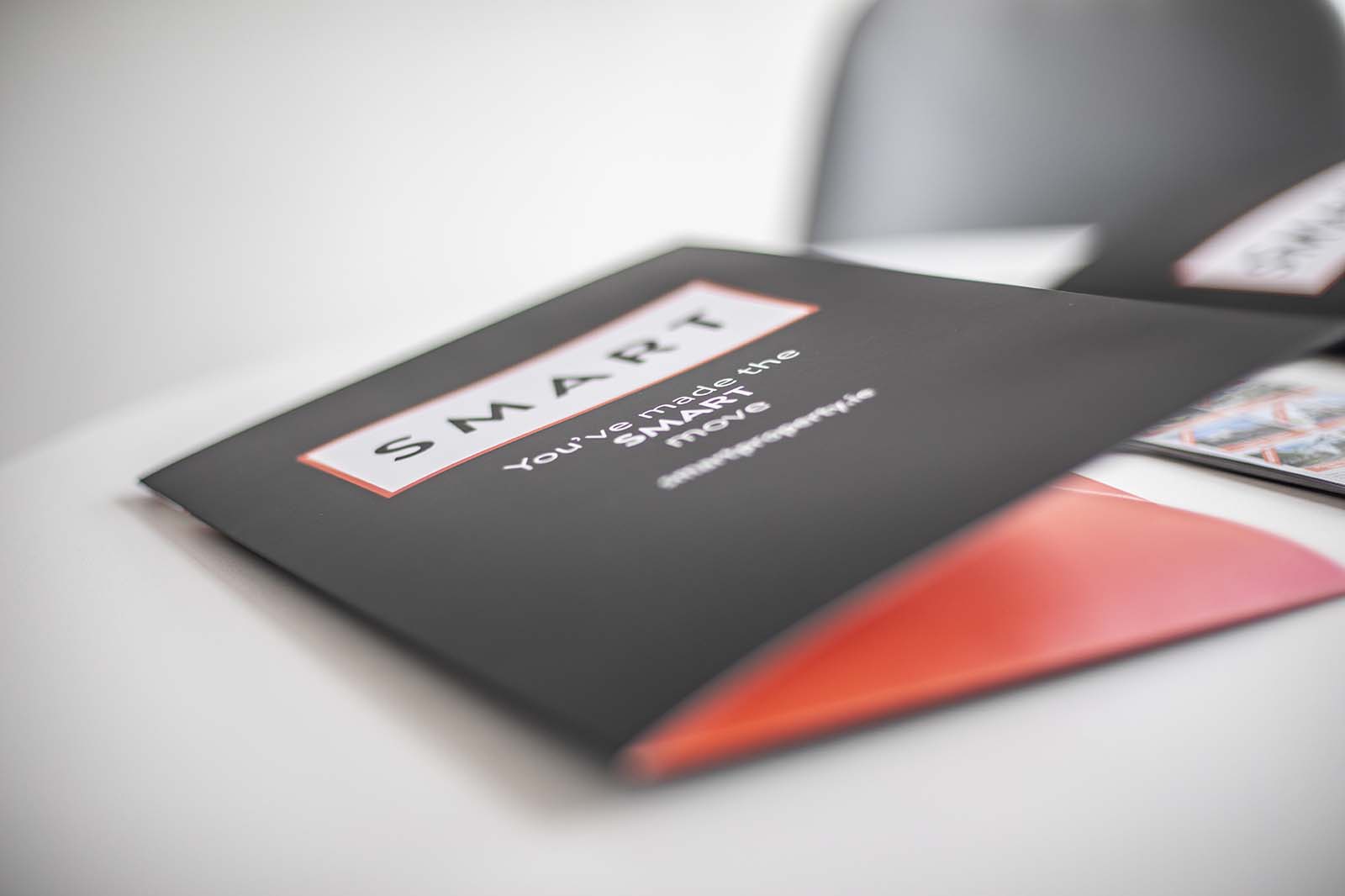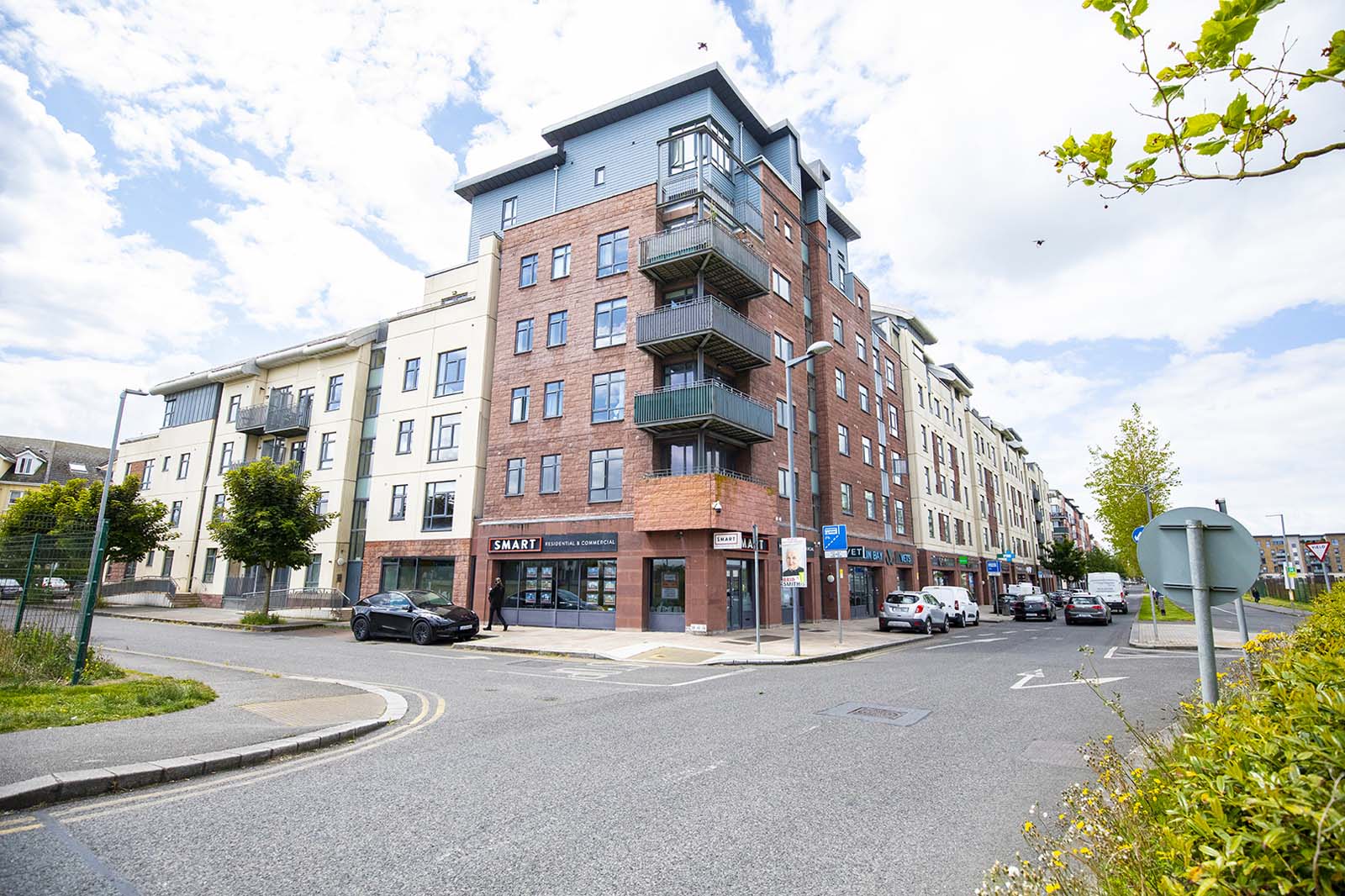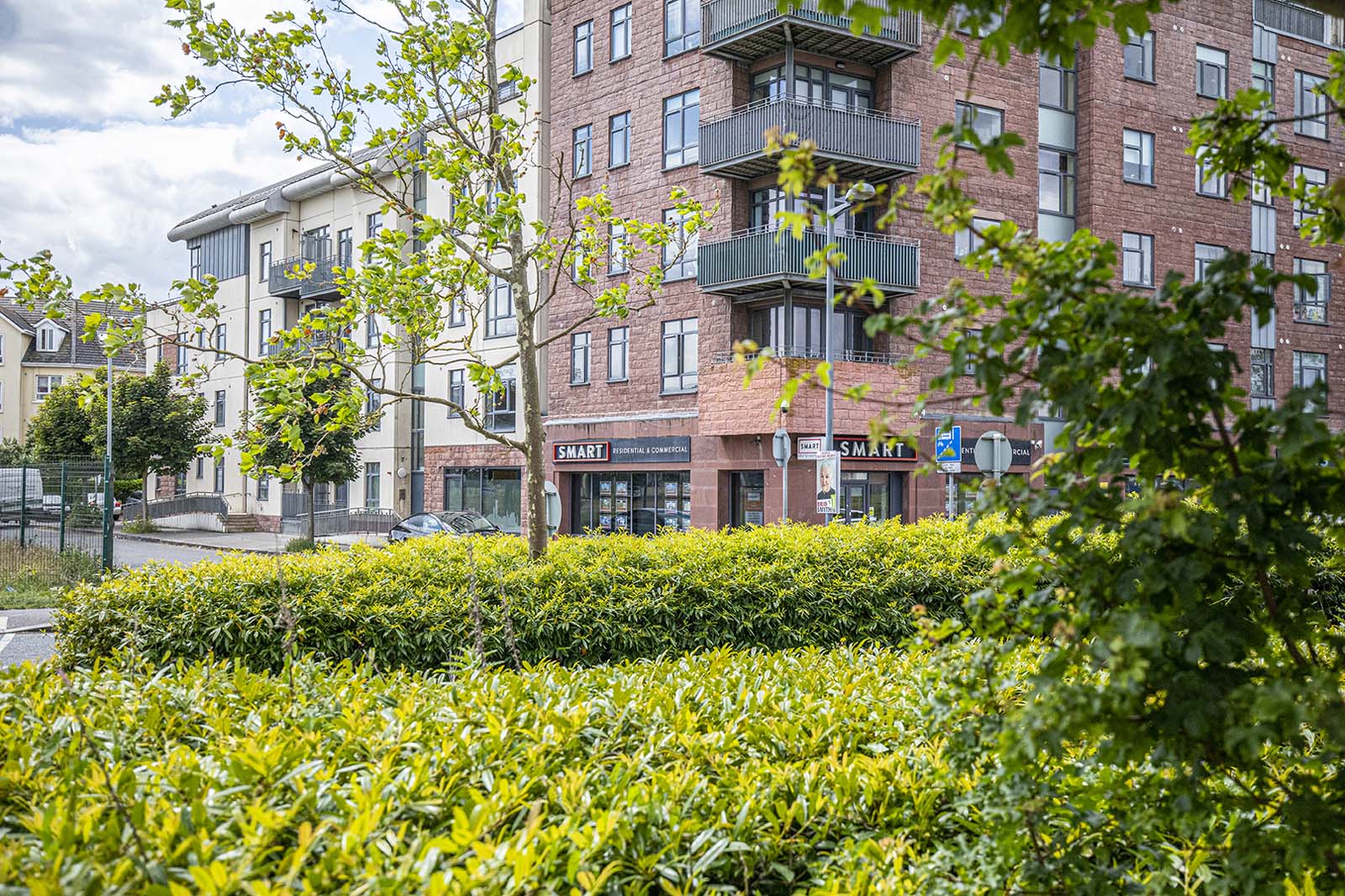
For Buyers
SMART Property
If you are a first time buyer or it’s just been a while since you last bought a property you will find our step by step guide to buying very* useful. The process can seem overwhelming and not for the faint hearted! But broken down into stages it is a lot more manageable.

Saving for deposit
Opening a savings account is a good idea to regularly save money, and to be able to prove to a mortgage lender that you have a solid savings record.
The Central Bank’s Loan To Income Rules limit the maximum amount you can borrow to 3.5 times your annual salary. So for example if you earn €60,000 you can borrow a maximum of €210,000. If you were borrowing with your partner who also earned €60,000 this would allow you to borrow €420,000.
The Central Bank has discretionary lending rules though which allow 20% of first time buyers to breach this limit and 10% of second time buyers to also breach it.
The second mortgage lending Central Bank Rule is the Loan To Value Rations. First time buyers are required to provided a minimum of 10% deposit unfront.

Working out your budget
When deciding what your budget is for buying a property other costs involved in the purchase must be taken into account. Some of these costs are :
Stamp Duty – 1% of the price of the house up to €1m and 2% of the price above that
Legal fees – typically €2,500 or above
Surveyors Fee
Moving Cost
Repairs, furniture and decoration


Start House Hunting
When you are beginning your search for a property thoroughly research the areas you have decided to focus on. Ensure there are good transport links and commuting options available if necessary, and a good range of shops, facilities and amenities. Take note of management fees if looking at properties in a complex. BER ratings are important as they will dictate the cost of heating and running your home. The higher the rating the better.
Ask the seller’s agent what is included in the sale in terms of fixtures and fittings. Find out if there are any current offers on the property and what the level of interest in it is. Know the position of the seller is in terms of readiness and reason to move. Having this information puts you in a much better position to ensure making an offer is the right way forward.

Making an offer and negotiating
When making an offer know what your maximum price is and don’t go beyond that. Sometimes it can be easy to get carried away if there is another party bidding against you. Factor in the condition of the house and can you afford further investment in repairs and redecoration if required. Look at the property’s sale history on the Property Price Register and also at similar properties that recently sold in the area. This will give you an indication of what level you should be making an offer.
Factors taken into account when you make an offer to the estate agent are what your own position is and if you can prove you can afford the property. Being ready to go in terms of not having a property to sell or being close to closing your own sale will be looked on favourably by the sellers who will not want delays. Having proof of funds ready, whether that is mortgage approval and/or bank statements will be looked upon favourably. The highest offer is not always the one that is accepted as it is not always to the benefit of the sellers.

Going Sale Agreed
When your offer has been accepted the property is marked as sale agreed and you pay a booking deposit. This is fully refundable until contracts are signed and usually starts at around €5,000 and increases from there depending on the value of the house. Paying this deposit signals your strong intent to purchase the property and ensures it is taken off the market until contracts are signed.
Once agreed details of the sale are sent to both your solicitor and the seller’s solicitor. This document contains details of the price, estimated closing date, names and addresses of anyone involved in the sale and conditions of the sale. When the vendor’s solicitor receives this from the estate agent they issue the contracts along with the Title Deeds to your own solicitor. When you have signed the contracts they are sent back to the seller’s solicitor for countersign

Our available Properties
 Get started now ?
Get started now ?
Ready To Move Forward?
Get in touch below.


